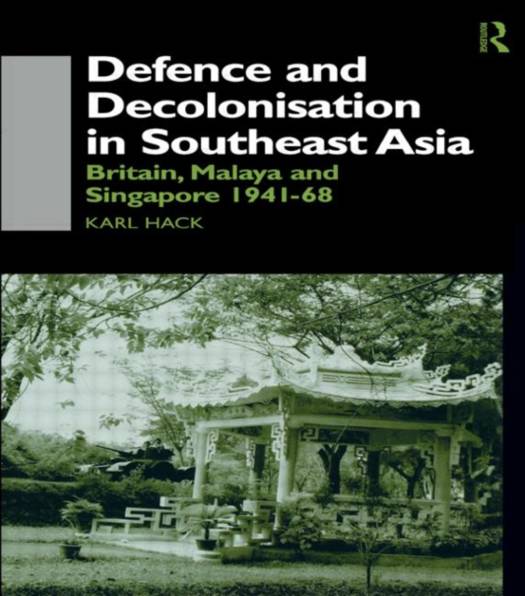
- Afhalen na 1 uur in een winkel met voorraad
- Gratis thuislevering in België vanaf € 30
- Ruim aanbod met 7 miljoen producten
- Afhalen na 1 uur in een winkel met voorraad
- Gratis thuislevering in België vanaf € 30
- Ruim aanbod met 7 miljoen producten
Zoeken
Defence and Decolonisation in South-East Asia
Britain, Malaya and Singapore 1941-1967
Karl Hack
Hardcover | Engels
€ 274,95
+ 549 punten
Uitvoering
Omschrijving
This book explains why British defence policy and practice emerged as it did in the period 1941-67, by looking at the overlapping of colonial, military, economic and Cold War factors in the area. Its main focus is on the 1950s and the decolonisation era, but it argues that the plans and conditions of this period can only be understood by tracing them back to their origins in the fall of Singapore. Also, it shows how decolonisation was shaped not just by British aims, but by the way communism, communalism and nationalism facilitated and frustrated these.
Alleen bij Standaard Boekhandel
+ 549 punten op je klantenkaart van Standaard Boekhandel
Beoordelingen
We publiceren alleen reviews die voldoen aan de voorwaarden voor reviews. Bekijk onze voorwaarden voor reviews.












